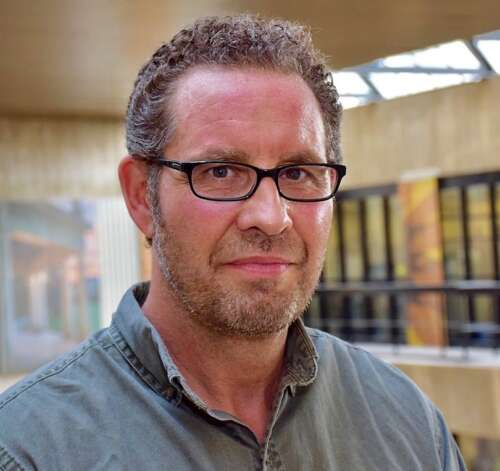
The decision by the federal government to allow adults in British Columbia to possess small amounts of some illicit drugs is a “big step forward,” according to a U of G drug policy researcher, but an integrated public health response will be needed to make it work.
Dr. Andy Hathaway is a professor in the criminal justice and public policy program in the Department of Sociology and Anthropology within the College of Social and Applied Human Sciences. He studies drug use in marginalized and mainstream populations and implications for social policy development.
Hathaway says the federal government’s decision to grant B.C. adults an exemption from drug possession laws will be closely watched by other jurisdictions grappling with establishing a more coherent approach to substance use.
To make the new approach work, what will be needed is an integrated public health and social justice approach, rather than relying only on the “legal remedy” of decriminalizing drug possession.
Canadian drug policy is hampered by its continued commitment to “an inconsistent hybridized approach” and an ongoing “reluctance to commit to full decriminalization,” says Hathaway.
The federal government has “not gone so far as to adopt the concern for social justice that would be suggested by decriminalizing drugs.”
The mixed results from Oregon’s decriminalization strategy, introduced in 2020, are “an indication of America’s reluctance to invest in social programs that promote public health,” he says.
Portugal, on the other hand, has been more successful in enacting decriminalization. Because the government recognizes substance abuse as primarily a health issue, Portugal sends drug users to dissuasion commissions where they are assessed for disorders and can receive treatment, pay imposed fines or perform community service instead of being incarcerated.
While decriminalizing drugs is a necessary measure, according to Hathaway, the opioid crisis “should be a wake-up call to governments at all levels to adopt a more logically consistent and coherent public health approach to drugs.”
Hathaway is available for interviews.
Contact:
Dr. Andy Hathaway
hathawaa@uoguelph.ca
